Our History
The ZC4H2 Research Foundation was started by John and Catherine Paul, the parents of a wonderful little girl diagnosed with ZC4H2 Associated Rare Disorders (ZARD). John and Catherine are originally from The Netherlands but reside in Dubai, United Arab Emirates, where both their daughters were born.
When their youngest daughter was born in 2015, there was almost no information available about this ultra-rare condition, let alone treatments. There were only a handful of diagnosed cases worldwide. Feeling overwhelmingly alone and full of unanswered questions, the Pauls decided to find answers by themselves. In 2017, they met Dr. Vera Kalscheuer, who had been actively researching ZC4H2 and the condition. In addition, they were introduced to the Orphan Disease Center (ODC) from the University of Pennsylvania. Thanks to the information and guidance of Dr. Kalscheuer and the ODC, the Paul’s established a formal body in 2018 to support research on ZC4H2: The ZC4H2 Research Foundation.
The ZC4H2 Research Foundation is a private, non-profit foundation registered and audited in the Netherlands which supports scientific research on ZC4H2 and ZARD globally.
In May 2022, a separate U.S. organization was formed as the United States chapter, sharing a mission with the Netherlands-based Foundation. This USA chapter of the Foundation is a registered 501(c)(3) non-profit organization.
Both chapters work together to form The ZC4H2 Research Foundation.

Our Mission
Mission of ZC4H2 Research Foundation

Research
Advancing the development, execution, and application of scientific and clinical research on ZC4H2 and ZARD, with the aim of understanding and effectively treating this condition.

Awareness
Facilitating the dissemination of information and current best practices between the patients and the medical/scientific community, with the goal of developing standards of clinical care for the treatment and symptom management of ZARD patients.

Support
Supporting the ZARD community, by sharing relevant information to and from affected families and by creating lasting relationships to foster hope through science.
Board of Directors
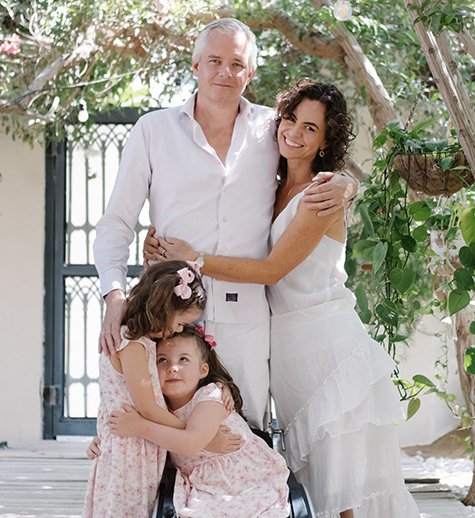
Jan Willem (John) Paul and Catherine Paul-Fijten
Founders, Board Directors
Scientific Committee Chair, Secretary (Cathy)
John and Cathy are the parents of two wonderful girls. The youngest lives with ZARD. They founded the ZC4H2 Research Foundation in 2018.
Their family roots are in The Netherlands and Colombia. They live in Dubai, United Arab Emirates.
John is a lawyer by training and an entrepreneur by trade, with businesses in the marine equipment industry. Cathy’s academic background in medical and molecular biology strengthens her conviction in hope through science. She grew up among children of different abilities, thanks to the work of her mother, the founder of one of Latin America’s largest pediatric rehabilitation centers. Cathy feels an innate desire to support, in every possible way, the Foundation’s mission and to improve the quality of life of every child living with ZARD.
John and Cathy can be reached at
(Languages: English, Dutch, Spanish, German, French)
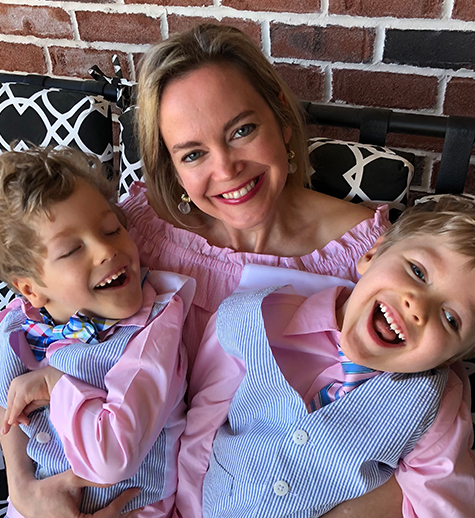
Megan Grieves
President, Board Director
Megan is a loving mother to Joel, age 9, and Leo, age 7, both affected with ZARD. She is married to Kyle, a dedicated father with a passion for creating equipment for his children using his woodworking skills. Her supportive parents, a medical doctor and occupational therapist, have consulted with her to create treatment plans for her boys since birth.
Megan is passionate about empowering parents with accurate knowledge so they can advocate for the best clinical treatment for their own children. She has a Bachelor in Marketing degree from Texas A&M, College Station and prior to motherhood was a pharmaceutical sales representative. They currently reside in middle Georgia.
Megan can be reached at
(Languages: English)
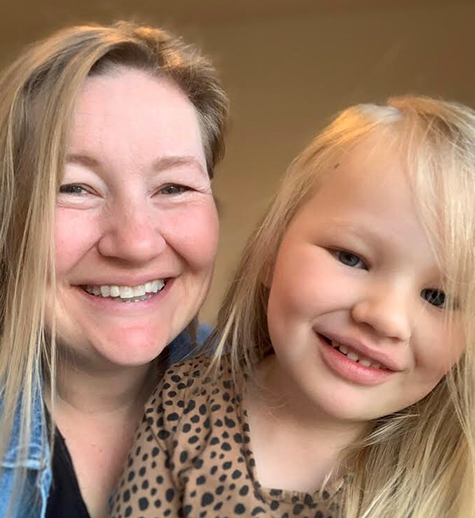
Carly Russell
Vice-President, Board Director
Carly lives in Northern California with her husband and two daughters, the eldest of which was diagnosed with ZARD at 4 months old. Carly is passionate about providing information, support and connections within our small ZARD community.
She has a B.S. in Architecture from California Polytechnic State University and her design portfolio includes retail stores, boutique hotels, and high-end residences. In addition to being a mother, Carly manages the operations on the family ranch and enjoys cooking and gardening.
Carly can be reached at
(Languages: English)

Lisa & Lonny Sund
Board Directors, Treasurer (Lonny)
Lonny and Lisa are the proud parents of Joshua (JJ), a joyful boy who was impacted by a ZC4H2 mutation. After JJ passed in the fall of 2020, they have worked to continue JJ’s legacy by sharing the experiences gained during his life.
They work together to share information, encourage the development of treatments, and expand the recognition of ZC4H2 Associated Rare Disorders (ZARD) in the community. Lonny has a Bachelor of Science in Mechanical Engineering from Missouri S&T and would use his knowledge to modify toys and devices to help with JJ’s learning, communication, and therapy. He currently is a design engineer for AGCO Grain & Protein. Lisa has a Bachelor of Science in Biological Sciences and a Bachelor of Arts in Geology from the University of Nebraska – Lincoln and would use her background to work with and communicate between all the specialists providing care for JJ. She currently works for the University of Nebraska Medical Center as a clinical research data coordinator in oncology.
Lony and Lisa can be reached at
(Languages: English)
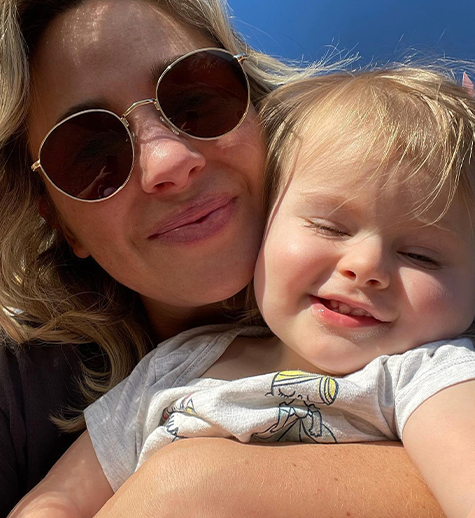
Jasmine Castro-Torres
Board Director, Marketing Committee Chair
Jasmine is the devoted mother of Jolene who is 2 years old. After the challenges she faced when her daughter Jolene was born with such a rare disorder, she became committed to using her skill set as a marketer and publicist to increase awareness of ZC4H2 within the medical community in hopes to develop a standard of care that can help future families affected by ZARD.
When she's not spending time with sweet Jolene or working on the communications team at Dropbox, Jasmine can be found chasing live music around the western United States, hiking around in all the beautiful nature that the Bay Area has to offer and spending time with friends and family.
Jasmine can be reached at
(Languages: English)
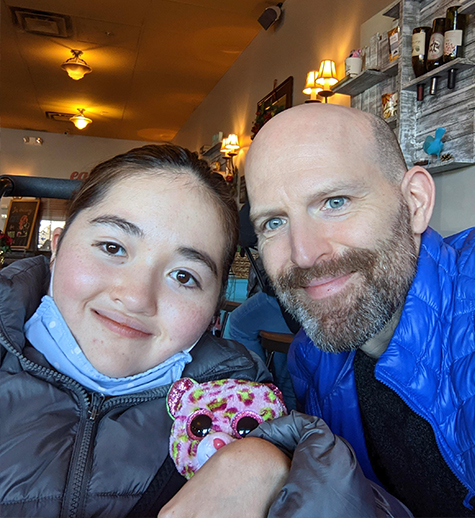
Tom Simcoe
General Counsel
Tom and his wife have three children, including their eldest Naomi, a wonderful young woman touched by ZC4H2 Associated Rare Disorders. The Simcoe family lives in upstate New York. Tom is passionate about working with others to improve the lives of people living with ZARD in every way possible.
Tom is a tax attorney and co-Chair of the Exempt Organizations practice group of Bond, Schoeneck & King, an AmLaw 200 law firm. Recognized for consecutive years in “Best Lawyers in America,” Tom provides counsel to organizations from all corners of the nonprofit sector, including higher education institutions, cultural and arts organizations, private foundations, not-for-profit health care and social services providers, religious organizations, and beyond. Tom has served on many nonprofit Boards, including most recently as a Trustee of Maria College.
Tom can be reached at
(Languages: English, Korean, Mandarin)
Scientific & Medical Advisory Board
Dr. Vera Kalscheuer
PhD. Group Leader, Max Planck Institute for Molecular Genetics. Berlin, Germany
Dr. Kalscheuer’s functional work on newly identified ID genes, partly in close collaboration with experts in the respective scientific fields, contributes to understanding the pathological processes and provides new insights into the disease mechanisms, including ZC4H2 Associated Rare Disorders. The results will eventually help developing therapeutic interventions.
Dr. Kalscheuer’s recent publications and contributions to publications in high impact journals reflect the significant impact of her research findings in this important field. Each of these was a major contribution to its respective area of research such as ID, epilepsy and autism.
Dr. Kalscheuer is the principal leading author of the 2013 paper “ZC4H2 mutations are associated with arthrogryposis multiplex congenita and intellectual disability through impairment of central and peripheral synaptic plasticity” and the 2019 paper “Deleterious de novo variants of X‐linked ZC4H2 in females cause a variable phenotype with neurogenic arthrogryposis multiplex congenita”
In 2018, Dr. Kalscheuer was the meeting chair for the First International Scientific Meeting of ZC4H2 held in Dubai, United Arab Emirates.
Dr. Kalscheuer can be contacted on
kalscheu@molgen.mpg.de
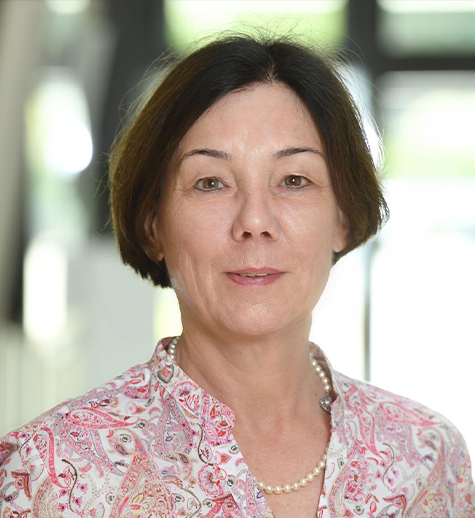
Dr. David Ross Bearden
MD, Neurologist, Associate Professor University of Rochester Medical Faculty Group. Rochester, NY, USA
Dr. Bearden was closely involved in the creation and subsequent work of the KCNT1 Foundation and is the director of the KCNT/Migrating Partial Seizures of Infancy registry, a longitudinal study of one form of genetic epilepsy that is attempting to better understand natural history and optimal treatments for this disorder.
In addition to his clinical practice and research at the University of Rochester, he also works in Sub-Saharan Africa with children with HIV, and teaches at the medical schools of the University of Zambia and the University of Botswana.
Dr. Bearden can be contacted on
David_Bearden@urmc.rochester.edu
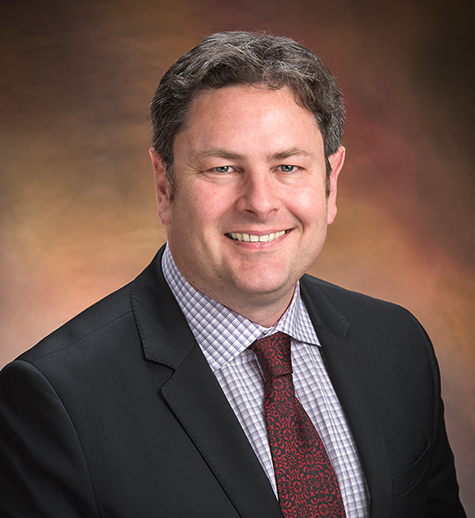
Dr. Suzanne G.M. Frints
MD, Associate Professor Clinical (epi)Genetics. Maastricht University Medical Center, The Netherlands
Dr. Suzanne Frints and Dr. Vera Kalscheuer are the authors of the 2019 paper “Deleterious de novo variants of X‐linked ZC4H2 in females cause a variable phenotype with neurogenic arthrogryposis multiplex congenita”.
Dr. Frints can be contacted on
s.frints@mumc.nl
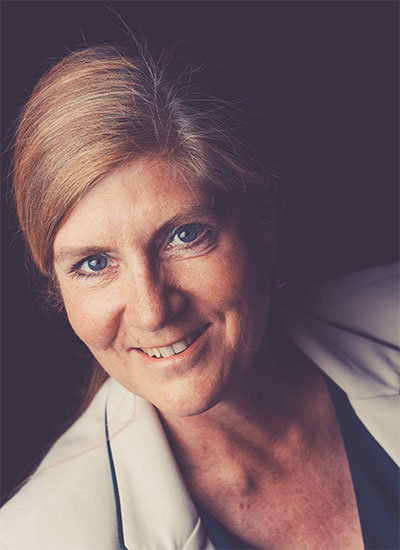
Dr. Maureen (Reenee) Donohoe
PT, DPT . Clinical Specialist, Arthrogryposis Program, Nemours Children’s Health. Wilmington, DE, USA
Dr. Donohoe authored the chapters on arthrogryposis and osteogenesis imperfecta in all six editions of Physical Therapy for Children, authored Therapy, Orthotics and Assistive Devices for Osteogenesis Imperfecta in Osteogenesis Imperfecta: A Case-Based Guide to Surgical Decision-Making and Care, Ambulatory Assistive Devices for Children and Youth with Cerebral Palsy and Activities of Daily Living Supports for Persons with Cerebral Palsy in Cerebral Palsy 2nd edition, the Relapsed Clubfoot in Paediatric Clinical Case Studies, as well as Sports and Recreation in Children with Osteogenesis Imperfecta: Strategies to Enhance Performance. She has been involved in over ten research studies related to physical ability for individuals with arthrogryposis and clubfeet. She has lectured nationally and internationally on these topics.
Through her extensive clinical exposure with arthrogryposis, she has treated and evaluated a number of (possible and diagnosed) cases of ZARD in her practice. Together with Prof. Judith Hall, Dr. Donohoe recognized the clinical presentation of ZC4H2 Associated Rare Disorders as being a separate entity from the thus-far under that group diagnosed classical presentation of arthrogryposis (amyoplasia).
Dr. Donohoe’s publications can be found here.
In 2018, Dr. Donohoe was a speaker and participant for the First International Scientific Meeting of ZC4H2 held in Dubai, United Arab Emirates.
Dr. Donohoe can be contacted on
Reenee.Donohoe@nemours.org
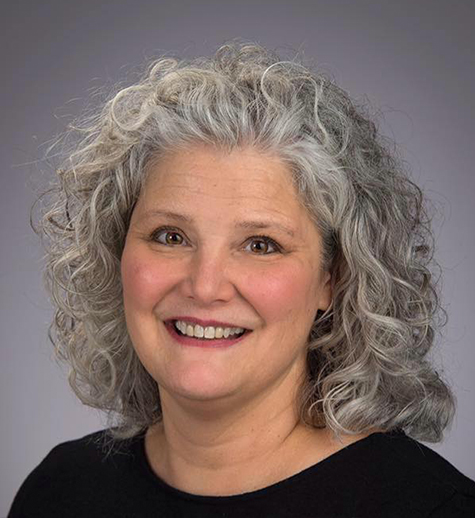
Partners
Orphan Disease Center
The Orphan Disease Center (ODC) from the University of Pennsylvania has been critical for the conception, establishment, and operations of the ZC4H2 Research Foundation. The guidance and information, generously offered by the ODC, played a crucial role in the organization and execution of the First International Scientific Meeting on ZC4H2 in 2018, which formed the basis for the Foundation’s scientific roadmap for research. In addition, the ODC continues supporting the Foundation with advice, guidance and scientific counsel.
The ZC4H2 Research Foundation continues partnering with the ODC under their Jumpstart Program.
Coriell Institute for Medical Research
Currently, the Coriell Institute is processing and storing the following type of cells from ZARD patients and their families:
- Fibroblasts
- Lymphoblastoids
- Induced Pluripotent Stem Cells (iPSC)
The samples donated to the Coriell Institute become part of the NIGMS Human Genetic Cell Repository at Coriell. The NIGMS Repository at Coriell is regarded as the most diverse collection of cell lines and DNA available to the international research community.
The NIGMS Repository at Coriell is currently accepting blood and/or skin samples from children and adults with ZARD, as well as their immediate family members, who would like to participate, from anywhere in the world. All sample donations are completely voluntary and free of any charge (except for iPSCs). The process is simple. Staff at Coriell will send you a kit for your doctor to use, along with easy directions for how to send it back. All sample submissions are completely de-identified upon receipt. Blood samples and skin samples can be taken at different times for the patient’s convenience. You can find more information about the donor process on the NIGMS Repository Donor Portal.
Participating in the biobank means you are contributing to understanding ZC4H2 Associated Rare Disorders, which paves the way for scientists to test potential drug compounds or gene- or cell-based therapies.
To participate email nigms@coriell.org or contact the Foundation directly at connect@ZC4H2foundation.org and we will forward you more information
ZC4H2 Research Foundation, Inc. All rights reserved.
ZC4H2 Research Foundation has been recognized by the Internal Revenue Service as a 501(c)(3) organization. EIN: 87-4577599







